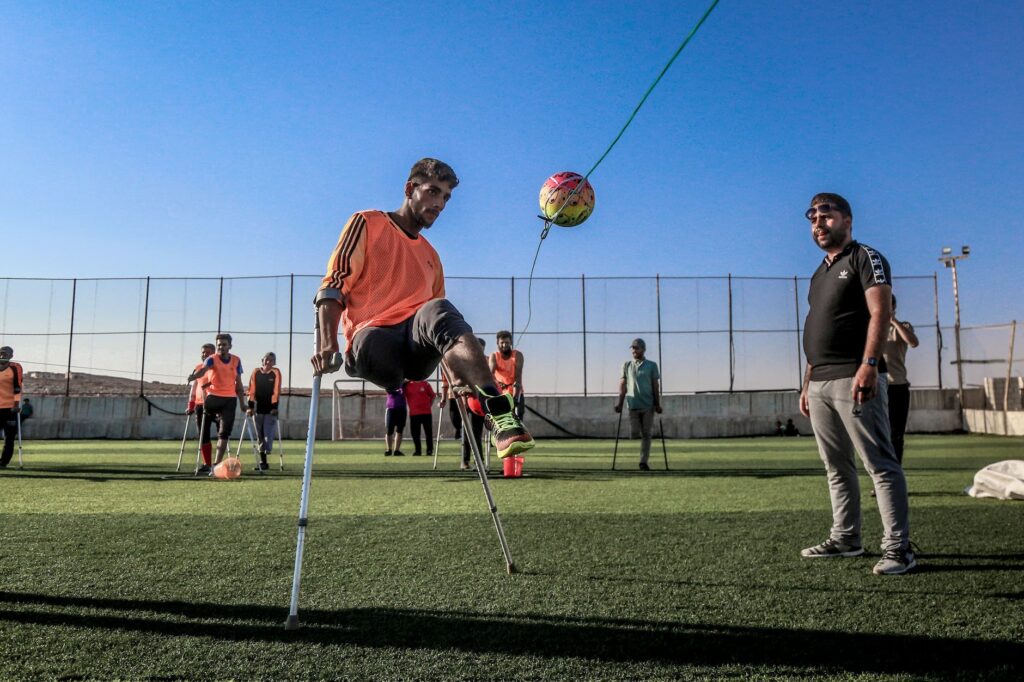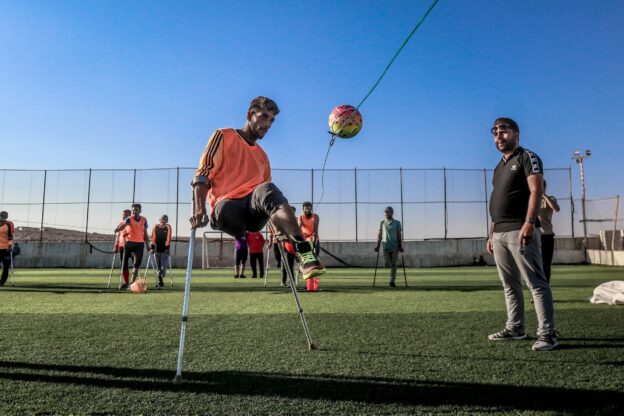Celebrating National Disability Independence Day: Empowering Health Care in Rural Missouri


Celebrating National Disability Independence Day
Welcome, dear readers, to a blog post that commemorates National Disability Independence Day—a day of reflection and celebration of the Americans with Disabilities Act (ADA). This significant occasion reminds us of the importance of promoting independence, inclusion, and equal opportunities for individuals with disabilities. In this empowering post, we’ll explore the connection between disability independence, health care, and the unique challenges faced by individuals with disabilities in rural Missouri. Join us as we delve into the transformative impact of the ADA and how it shapes health care in rural communities.
National Disability Independence Day: Honoring the ADA’s Legacy:
On July 26th, we celebrate National Disability Independence Day to honor the signing of the ADA—a landmark legislation that prohibits discrimination against individuals with disabilities. This historic act recognizes the rights of individuals with disabilities to access public services, participate in the workforce, and enjoy full integration into society.
Health Care and the ADA: Fostering Inclusive Practices:
The ADA has significantly influenced health care by promoting inclusive practices and equitable access to medical services. In rural Missouri, where healthcare resources may be limited, the ADA plays a vital role in ensuring that individuals with disabilities receive the care and support they need.
- Accessible Facilities: The ADA mandates that healthcare facilities provide accessible accommodations for individuals with disabilities. This includes wheelchair ramps, wider doorways, accessible restrooms, and other modifications that promote ease of access and movement within healthcare settings.
- Communication Accessibility: Healthcare providers must ensure effective communication with patients with disabilities. This involves providing sign language interpreters, assistive listening devices, and other communication aids to facilitate clear and accurate interactions between patients and healthcare professionals.
- Transportation Services: For individuals with disabilities living in rural areas, access to reliable transportation can be a challenge. Healthcare providers must accommodate these individuals by offering accessible transportation services or connecting them with accessible transportation resources.
Unique Challenges in Rural Missouri:
Rural areas in Missouri face specific challenges when it comes to disability independence and healthcare access:
- Limited Healthcare Facilities: Rural communities may have fewer healthcare facilities, leading to longer travel distances and potential barriers to medical care for individuals with disabilities.
- Healthcare Provider Shortage: Shortages of healthcare professionals, including specialists and disability-specific practitioners, can create challenges in receiving specialized care and support for individuals with disabilities in rural areas.
- Limited Accessibility: Not all healthcare facilities and public spaces in rural communities may be fully accessible, which can hinder individuals with disabilities from accessing necessary services.
Promoting Disability Independence in Rural Missouri:
On National Disability Independence Day, let’s come together as a community to foster inclusion and support for individuals with disabilities in rural Missouri. Here are some steps we can take:
- Advocate for Accessibility: Encourage local healthcare facilities and public spaces to prioritize accessibility and comply with ADA regulations. This includes ensuring physical accessibility and communication accommodations.
- Enhance Telehealth Services: Telehealth can bridge the gap for individuals with disabilities in rural areas, providing easier access to medical consultations and follow-ups without the need for extensive travel.
- Foster Disability Education: Increase awareness and understanding of disability-related issues in rural communities through educational programs and initiatives. This can promote empathy, dispel misconceptions, and encourage supportive attitudes.
Conclusion:
On National Disability Independence Day, we celebrate the progress made through the ADA and reflect on the ongoing journey toward a more inclusive and accessible world for individuals with disabilities. In rural Missouri, the ADA has paved the way for improved healthcare access and the empowerment of individuals with disabilities.
Let us continue to champion disability independence and create a culture of support, compassion, and inclusion in rural communities. By working together, we can foster equitable access to healthcare, celebrate diversity, and ensure that every individual, regardless of ability, has the opportunity to thrive and lead fulfilling lives.







Responses